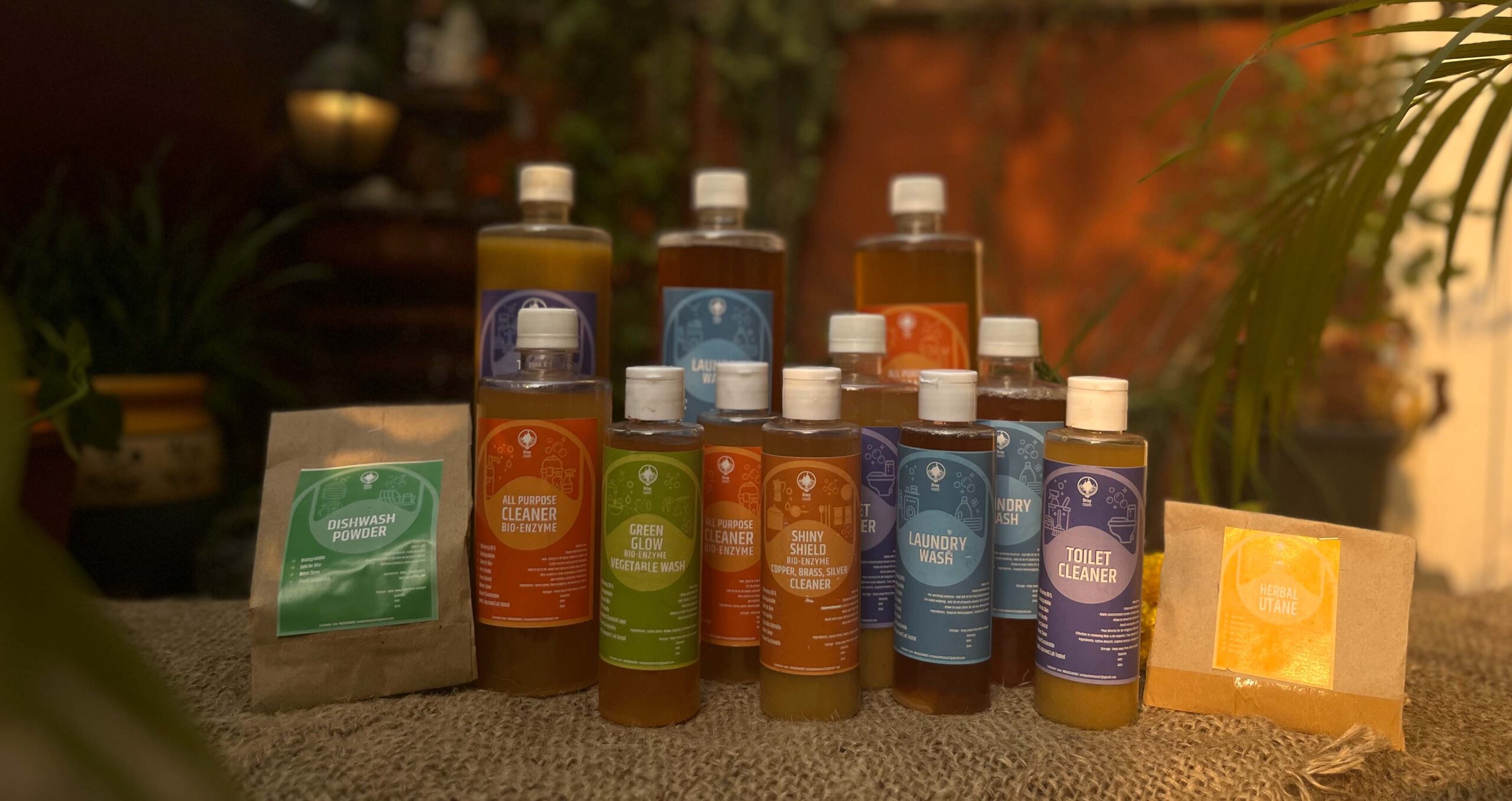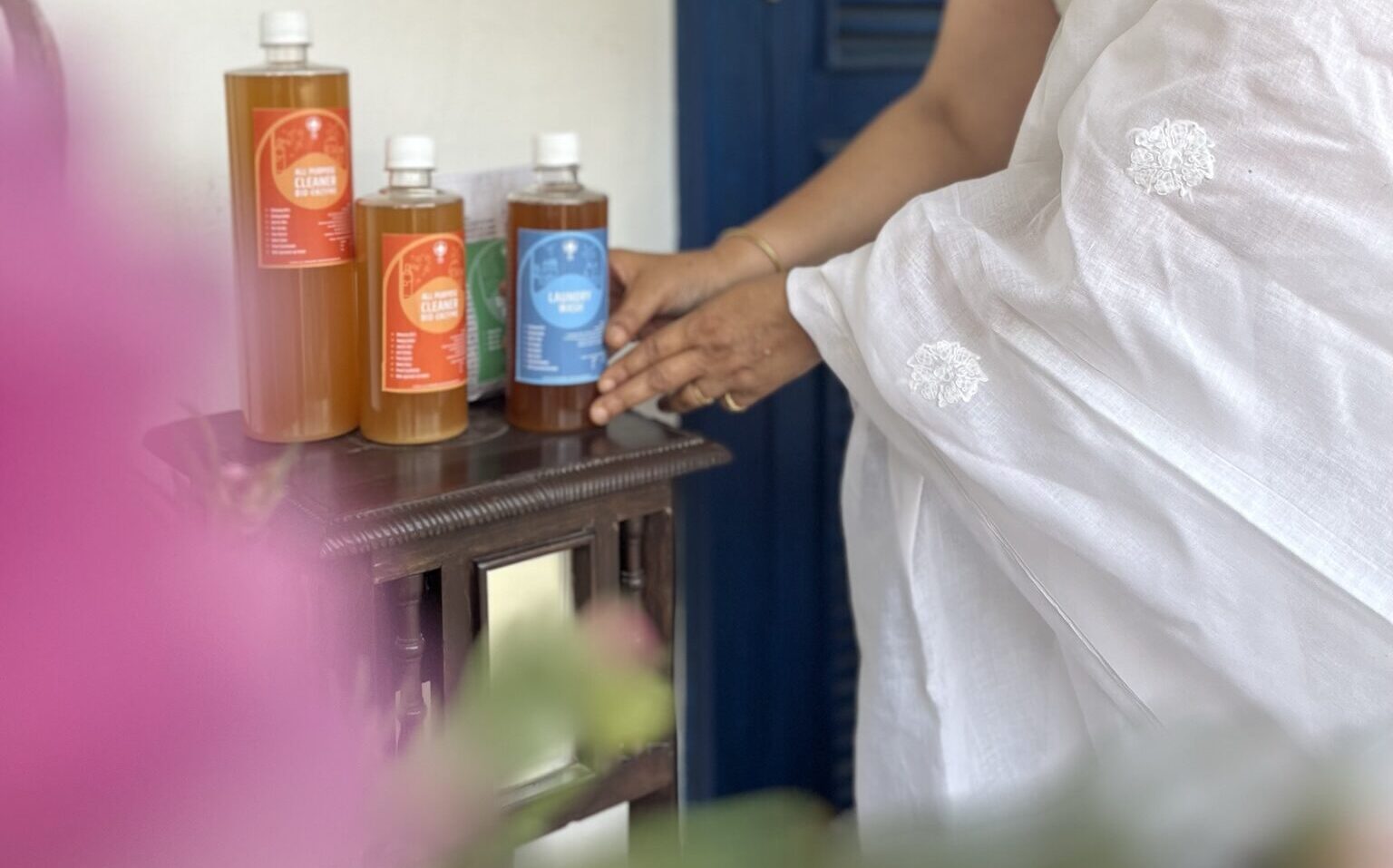Every year on June 5th, World Environment Day is celebrated worldwide to raise awareness and inspire action for the protection of our environment. Established by the United Nations in 1974, this day has grown into a global platform for promoting sustainable practices and addressing critical environmental challenges.
The Significance of World Environment Day
World Environment Day reminds us of our shared responsibility to safeguard the earth. It encourages individuals, communities, and governments to take proactive steps towards reducing pollution, conserving natural resources, and promoting sustainability. Each year’s theme highlights a specific environmental concern, and this year’s theme, “Land Restoration, Desertification and Drought Resilience,“
Embracing Organic Cleaners
One impactful way to contribute to environmental protection is by switching to organic cleaners. Traditional cleaning products often contain harmful chemicals that can pollute land, water sources, harm wildlife, and pose health risks to humans. In contrast, organic cleaners are made from natural ingredients, making them biodegradable and eco-friendly.
Environmental Benefits: Organic cleaners break down easily in the environment, reducing the risk of soil and water contamination. Unlike conventional cleaners, they do not contribute to the accumulation of toxic substances in our ecosystems.
Health Benefits: Using organic cleaners minimizes exposure to harsh chemicals that can cause respiratory issues, skin irritations, and other health problems. They are safer for households, especially those with children and pets.
Support for Sustainable Practices: Choosing organic products supports companies that prioritize sustainability and ethical production methods. This consumer choice encourages the growth of green businesses.
5 Practical Steps Towards a Chemical-Free Lifestyle
- Choose Organic Foods:
Opt for organic fruits, vegetables, and meats that are grown without synthetic pesticides and fertilizers. This supports sustainable farming practices and reduces your chemical intake. - Use Natural Personal Care Products:
Select shampoos, soaps, and lotions made from natural ingredients. These products are gentler on the skin and do not contribute to water pollution. - Adopt Eco-Friendly Cleaning Practices:
Replace traditional cleaning agents with organic cleaners like Bio-enzymes. These natural alternatives are effective and safe for the environment. - Reduce Plastic Use:
Avoid single-use plastics by using reusable bags, bottles, and containers. Support brands that offer plastic-free packaging. - Educate and Advocate:
Spread awareness about the benefits of a chemical-free lifestyle within your community. Advocate for policies that promote environmental sustainability.
Conclusion
World Environment Day serves as a powerful reminder of our duty to protect the environment. By embracing organic cleaners and a chemical-free lifestyle, we can make significant strides in reducing pollution and safeguarding our planet for future generations.
This June 5th, let’s commit to making sustainable choices that contribute to a healthier, greener world. Together, we can build a future where our environment thrives, ensuring a safe and vibrant planet for generations to come.



